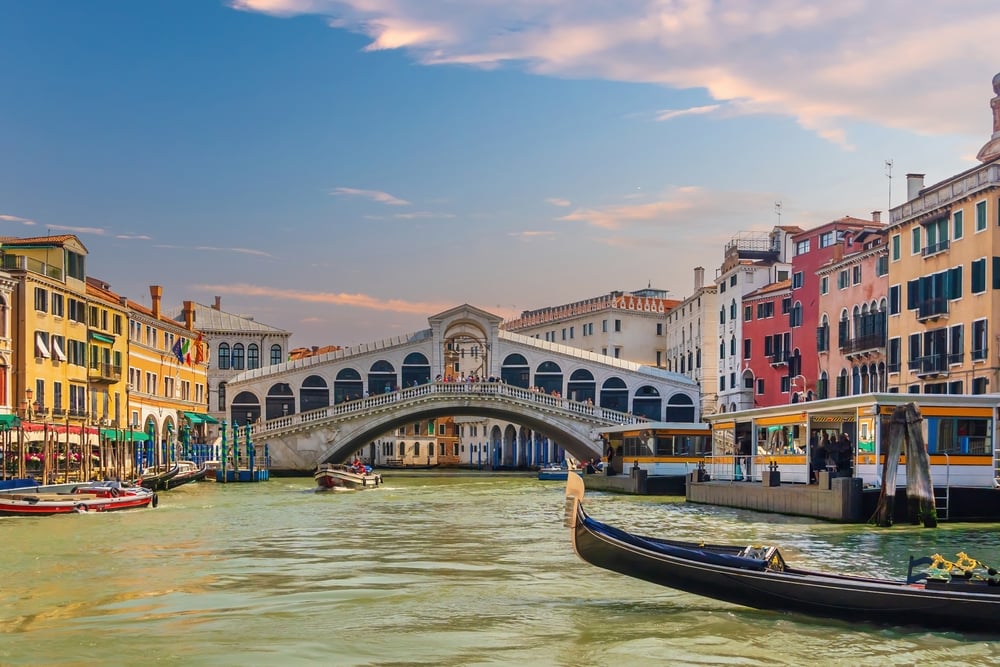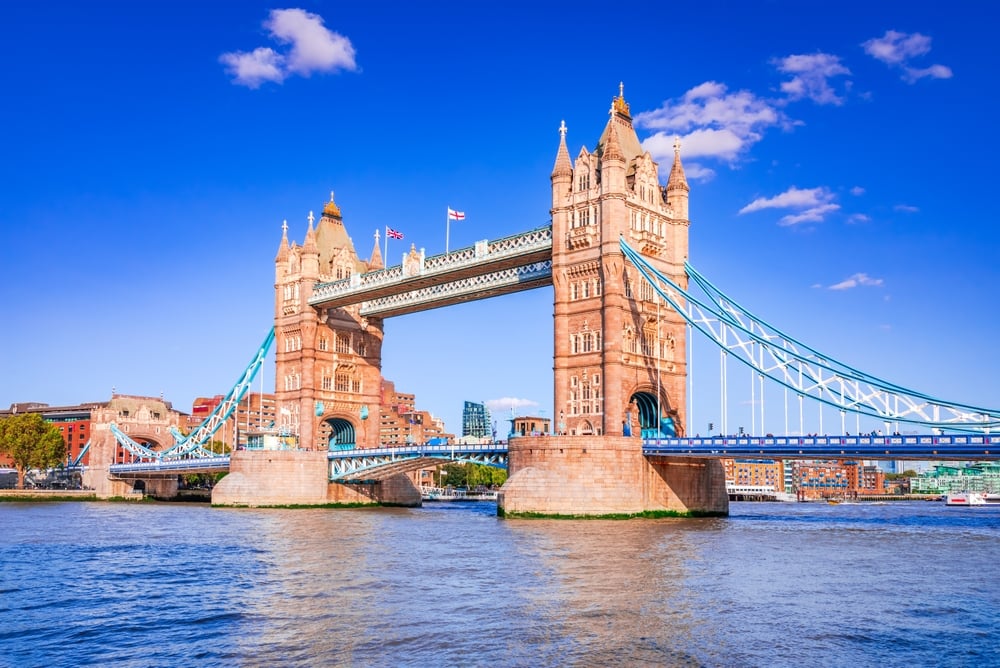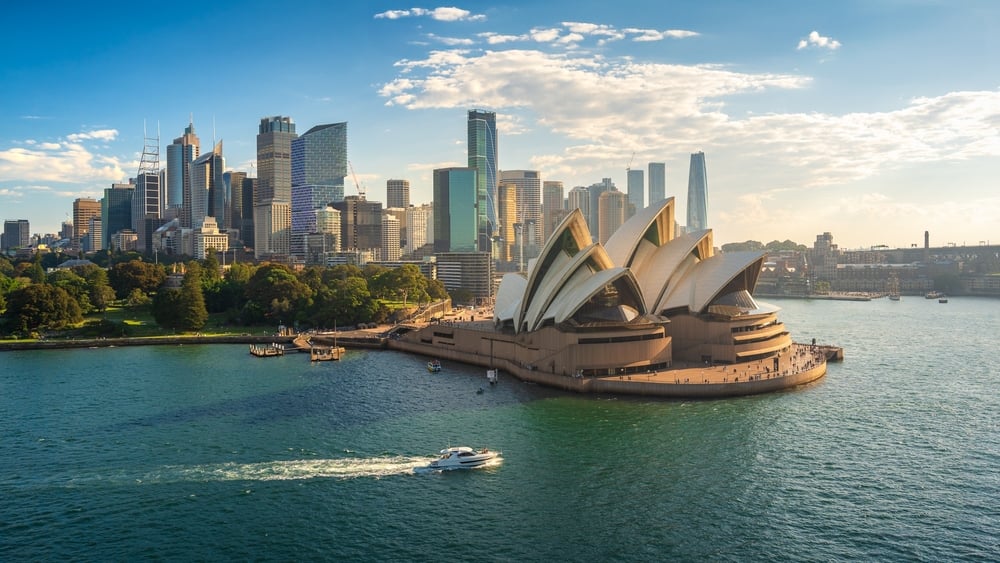Discover how tourist taxes in key cities can quickly inflate travel budgets and expenses.

Tourist taxes are fees that cities impose on visitors, often increasing the cost of accommodations and other services. These charges vary widely, depending on the city’s regulations and the type of lodging selected. Understanding these taxes helps travelers budget correctly and avoid surprises. Unlike general sales taxes, tourist taxes specifically target visitors and fund local tourism infrastructure and services.
1. Venice demands high city taxes that increase travel expenses significantly.

Venice, a top travel destination, imposes significant city taxes on tourists. These taxes can significantly increase overall travel expenses, especially for those staying in more expensive accommodations. The city uses these funds to maintain its infrastructure and support tourism-related services.
For travelers on a budget, these additional costs can be surprising. Unlike sales taxes or VAT, tourist taxes in Venice are separate and unavoidable costs tied to the style and duration of a stay. It’s worth understanding these charges to budget effectively and avoid financial surprises.
2. Paris charges a tourist tax that adds extra cost per night stayed.

Paris, known for its romantic allure, charges a nightly tourist tax that can add unexpected costs to a vacation. This tax varies depending on the accommodation type, with luxury hotels imposing higher fees than economical options.
Even though the per-night charge seems small, it accumulates over an extended stay. Visitors often overlook these extra expenses when planning their travel budgets. Understanding these charges ensures better financial planning and can help in selecting accommodations that fit one’s budget.
3. Amsterdam includes visitor fees that can raise your accommodation bill.

Amsterdam’s visitor fees include a progressive tourist tax that can elevate accommodation bills for international travelers. Set as a percentage of the room rate, these taxes scale with the type and cost of the lodging chosen.
Tourists might underestimate the actual price of staying in Amsterdam without accounting for these visitor fees. By understanding how these charges are calculated, travelers can plan their budgets more accurately and avoid financial strain while enjoying the city’s famous canals and vibrant culture.
4. New York City enforces a hotel tax that makes stays pricier.

New York City enforces a well-known hotel tax that significantly increases accommodation costs. Tourists may find hotel prices unexpectedly high due to these surcharges, which vary with the type and location of the hotel.
Visitors might confuse these taxes with standard sales tax, affecting their travel budget planning. Knowing the specifics of the hotel’s taxation policy helps travelers avoid budget shortfalls and adjust plans accordingly to fully experience the city’s attractions.
5. Barcelona applies a local tax that visitors need to budget for.

Barcelona applies a local tourist tax, adding further complexity to vacation budgeting. This fee is relative to the accommodation type and ranges from budget stays to high-end hotels, supporting public services that enhance the tourism experience.
For those unprepared, these charges may significantly affect overall travel expenses. Visitors who recognize and include these taxes in their budgeting process tend to avoid unexpected financial constraints and are better equipped to enjoy Barcelona’s cultural richness.
6. Rome’s tourist tax can quickly add up during extended trips.

Rome’s tourist tax is a financial consideration that can accumulate unexpectedly during extended visits. These charges are tiered by accommodation category, with higher luxury hotels demanding greater contributions.
Tourists often overlook these taxes, mistaking them for optional fees or refundable costs. With an awareness of the true impact of Rome’s tourist taxes, travelers can allocate resources more efficiently and enjoy the city’s historic offerings without compromising their budget.
7. London imposes charges on tourists staying in hotels within city limits.

London imposes a charge on tourists staying within its city limits, affecting the affordability of accommodations. This hospitality tax is a significant factor when calculating total travel budgets, as it applies uniformly to hotel stays in the area.
Although not as prominent as VAT, these additional traveler fees can swiftly accumulate, especially in upscale lodgings. Understanding how these charges integrate into overall costs aids visitors in planning a budget that balances expenses with opportunities to explore the city’s landmarks.
8. Tokyo requires a small but noticeable lodging tax for overnight guests.

Tokyo requires travelers to pay a noticeable lodging tax on overnight stays. Though relatively small compared to other destinations, these fees are consistent and unavoidable, contributing to the overall travel costs.
This lodging tax applies broadly to accommodations within the city, making it important for budget-conscious visitors to consider when booking. Proper knowledge of these surcharges helps in adjusting financial expectations, ensuring a smooth trip without unexpected expenses.
9. Prague enforces accommodation taxes that tourists should consider when planning.

Prague enforces accommodation taxes that play a critical role in the city’s travel cost structure. These visitor charges apply to most types of lodging and can influence spending priorities during travel.
Visitors should keep these taxes in mind as they can unexpectedly raise the cost of staying in Prague. Knowing the specific amounts and how they apply to different accommodations can help tourists craft accurate financial plans, balancing expenditures with the city’s rich historical experiences.
10. Berlin adds a visitor’s tax that impacts total vacation costs.

Berlin’s visitor tax affects the overall cost of vacationing in the city. While designed to support local services and cultural projects, this tax impacts total travel expenses, depending on the accommodation options chosen.
Travelers may not consider these restrictions when initially estimating a holiday budget. Understanding Berlin’s specific taxation on hotels and hostels allows visitors to incorporate these fees into a more realistic financial plan, leveraging savings and enjoying the city’s vibrant arts scene.
11. Sydney levies a city tax that travelers need to factor into budgets.

Sydney levies a city tax on travelers, directly influencing their budget plans. This tax supports the maintenance and enhancement of local services that benefit tourists, varying with the type of accommodation selected.
Failure to acknowledge these charges could lead to unexpected expenses during stay. By grasping the nuances of Sydney’s local surcharges, travelers can better manage costs, ensuring their travel plans align with financial constraints while enjoying everything the city offers.
12. Lisbon includes extra fees for tourists staying in select accommodations.

Lisbon includes extra fees for tourists staying in select accommodations, impacting budget estimations. These charges apply mainly to short-term rentals and hotels, funding city infrastructure and public services that benefit visitors.
Ignoring these costs may lead to budgetary surprises that affect the ability to fully experience Lisbon. With a proper understanding of these additional expenses, travelers can more accurately calculate their overall trip costs, ensuring a smooth financial journey.
